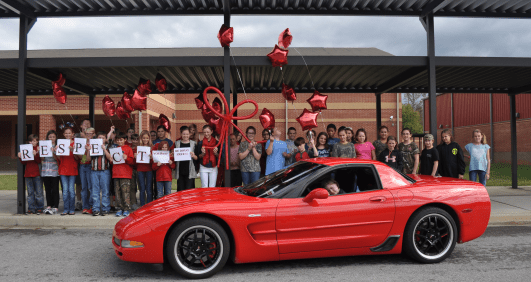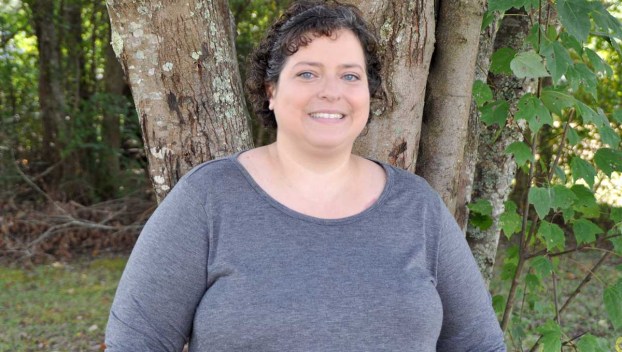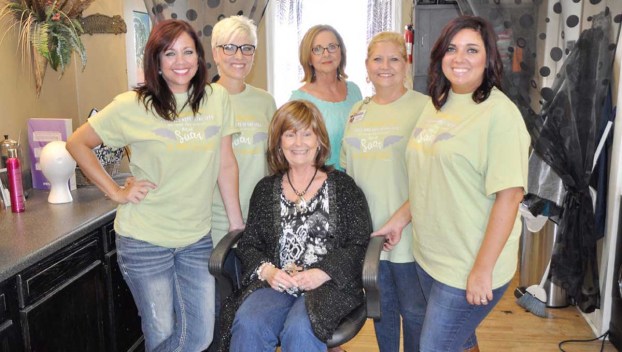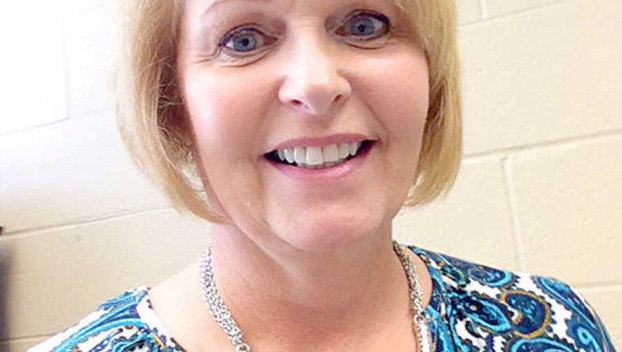
Community
Local schools and families ask for votes in 2015 Red Ribbon contest
Williams Intermediate is a participant in the National Family Partnership’s 30th Annual Red Ribbon Week photo contest. The ... Read more

Williams Intermediate is a participant in the National Family Partnership’s 30th Annual Red Ribbon Week photo contest. The ... Read more

Nikki Wheeler was born into a high-risk situation. Breast cancer was a threat to Wheeler in a much ... Read more

In March of 2014, Sue Isenhower had a lot on her plate. She had retired from teaching at ... Read more

A Pell City salon is doing what it can to treat breast cancer patients and survivors to a ... Read more

October is all about orange and black, right? Wrong. At TempForce, October is all about pink. TempForce is ... Read more

Nearly two decades ago, Cheryl Kuyk was teaching fourth grade at Hewitt-Trussville Elementary, raising her three children alone, ... Read more